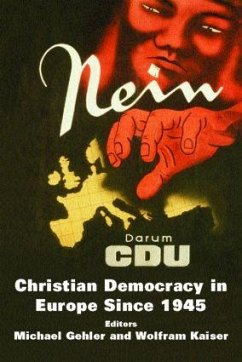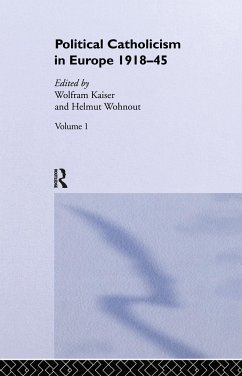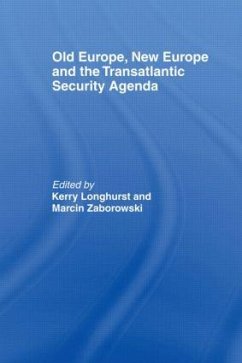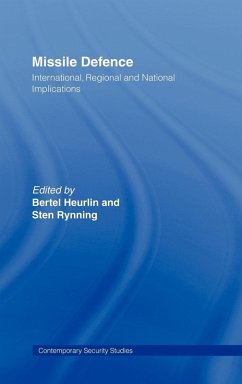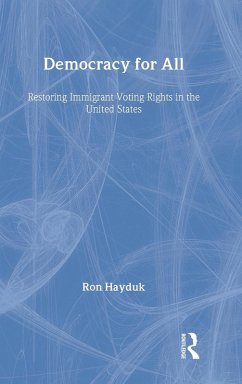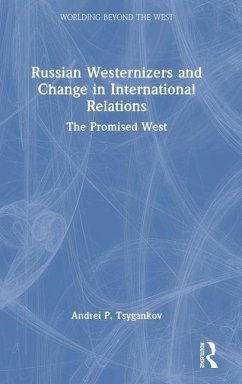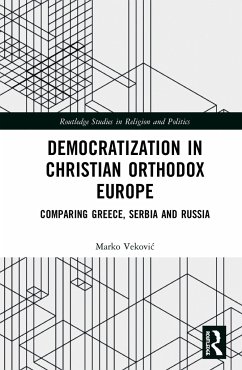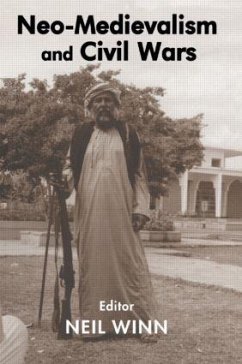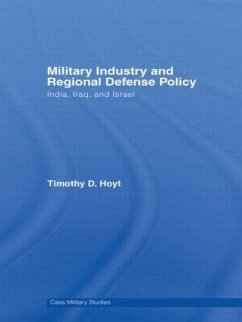
Christian Democracy in Europe Since 1945
Volume 2
Herausgeber: Gehler, Michael; Kaiser, Wolfram
Versandkostenfrei!
Versandfertig in 1-2 Wochen
177,99 €
inkl. MwSt.
Weitere Ausgaben:

PAYBACK Punkte
89 °P sammeln!
For the first time, this book reveals the actual roles of the Christian Democratic (CD) parties in postwar Europe from a pan-European perspective. It shows how Christian Democratic parties became the dominant political force in postwar Western Europe, and how the European People's Party is currently the largest group in the European Parliament. CD parties and political leaders like Adenauer, Schuman and De Gasperi played a particularly important role in the evolution of the 'core Europe' of the EEC/EC after 1945. Key chapters address the same questions about the parties' membership and social ...
For the first time, this book reveals the actual roles of the Christian Democratic (CD) parties in postwar Europe from a pan-European perspective. It shows how Christian Democratic parties became the dominant political force in postwar Western Europe, and how the European People's Party is currently the largest group in the European Parliament. CD parties and political leaders like Adenauer, Schuman and De Gasperi played a particularly important role in the evolution of the 'core Europe' of the EEC/EC after 1945. Key chapters address the same questions about the parties' membership and social organization; their economic and social policies; and their European and international policies during the Cold War. The book also includes two survey chapters setting out the international political context for CD parties and comparing their postwar development, and two chapters on their transnational party cooperation after 1945. This is the companion volume to Political Catholicism in Europe 1918-1945.





